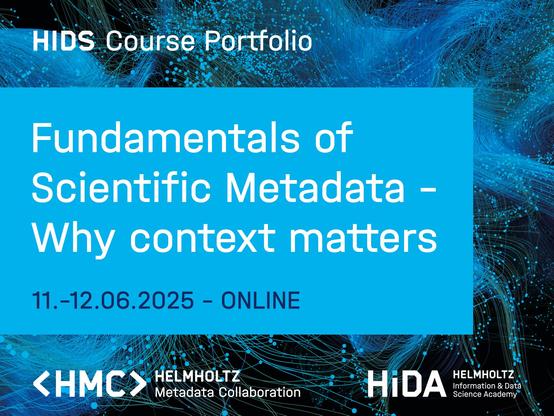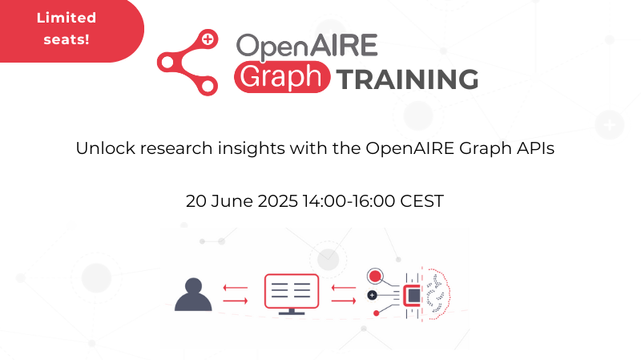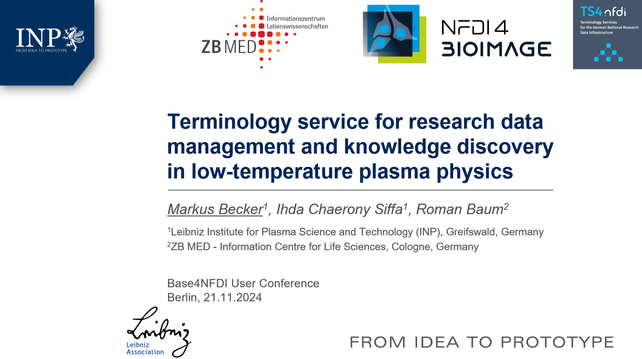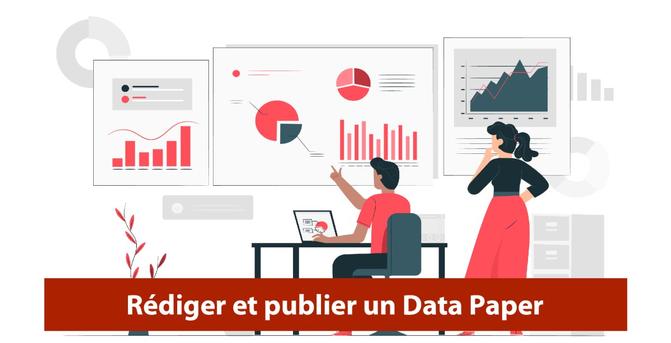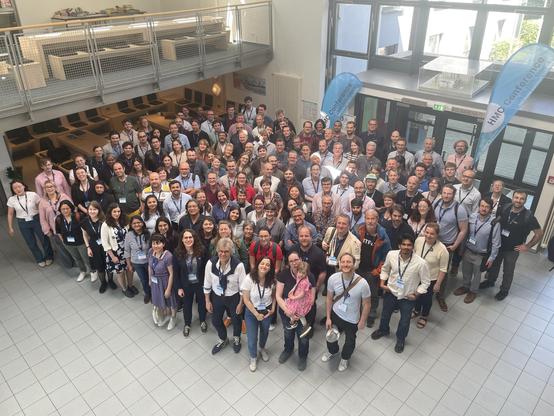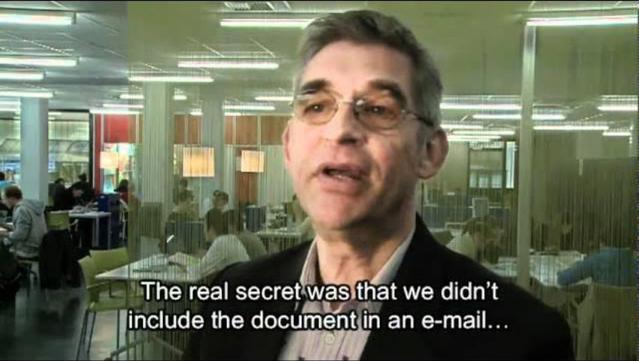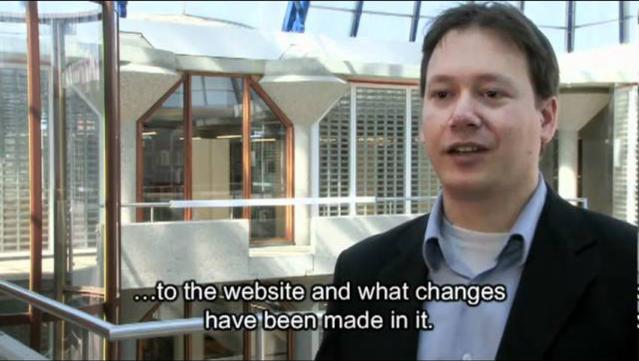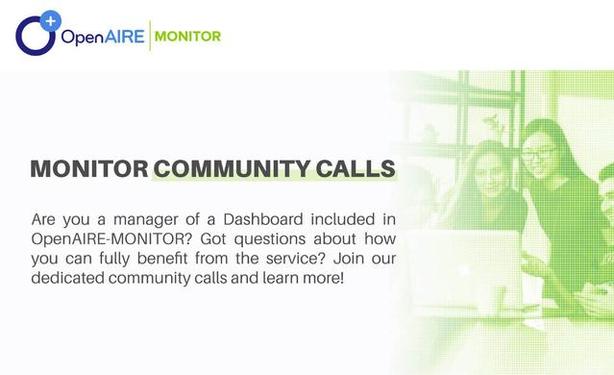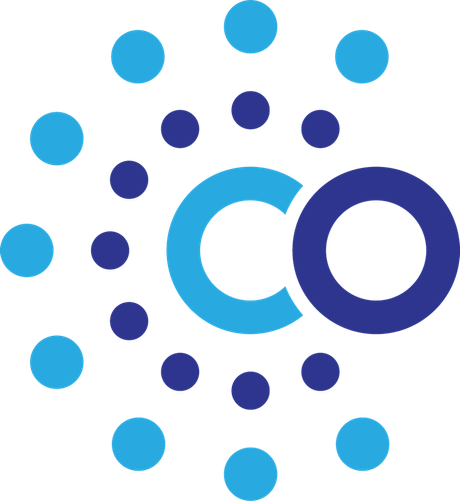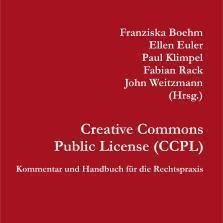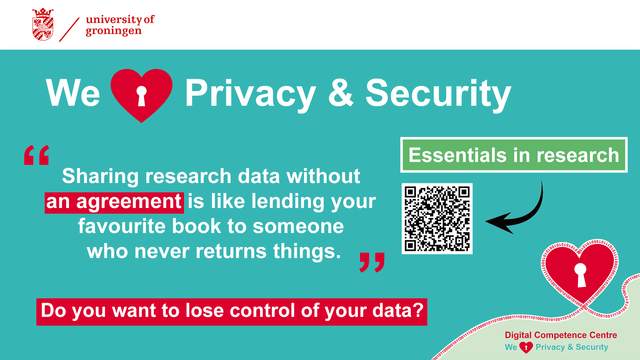Precision, documentation, and just a little bit of swagger.
Ain’t no party like a Data Stewards party, 'cause a Data Stewards party don’t lose track of metadata!
Here’s to the unsung heroes who keep our data clean, our projects reproducible, and our research future-proof. Because without metadata, it’s just a mess in a spreadsheet!

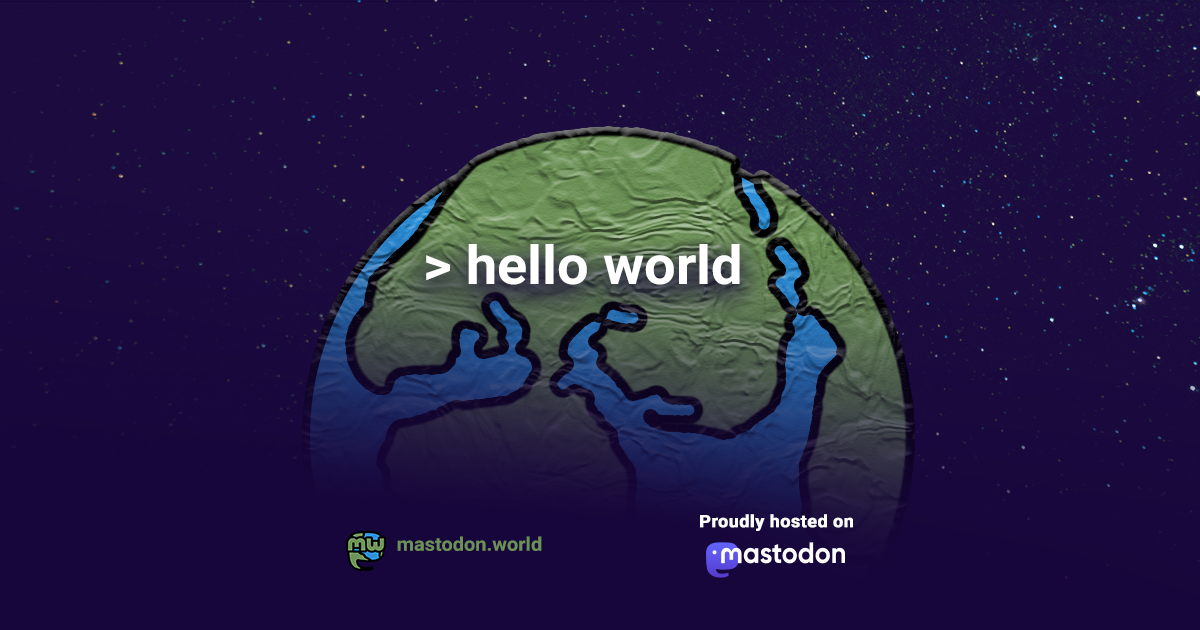
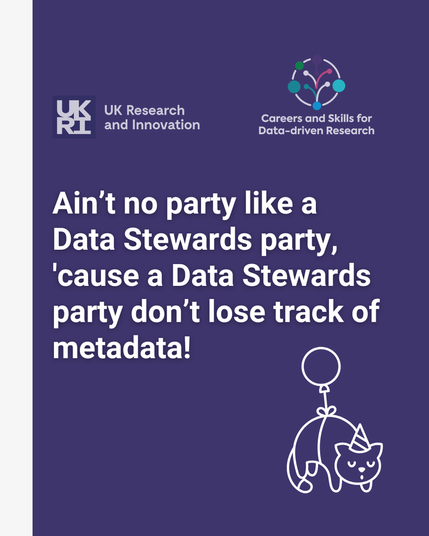
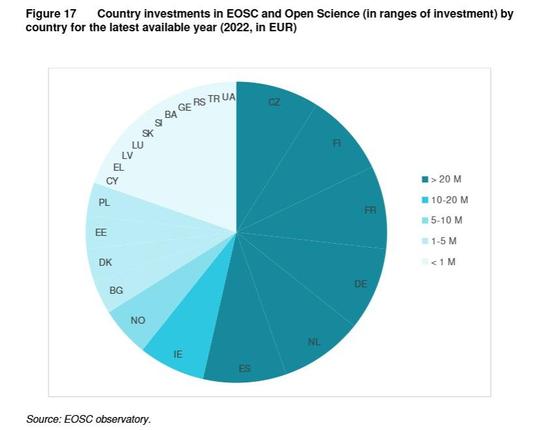
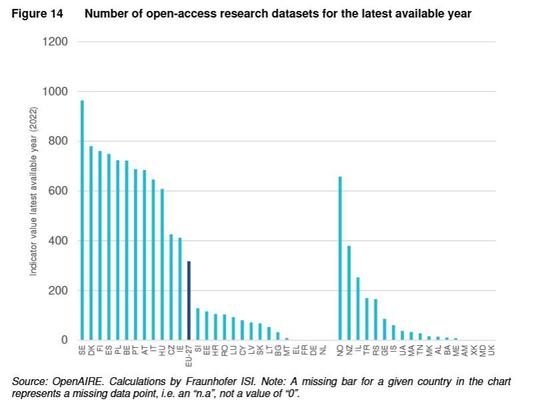
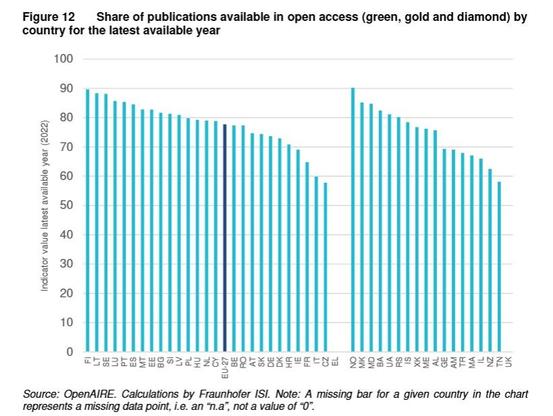
![Illustration (source) : Charles J. Minard, Carte figurative des pertes successives en hommes de l'armée française dans la campagne de Russie, 1812-1813, 1869, BnF, département Cartes et plans, GE DON-4182. Mentionnée dans : Françoise Bahoken, « L’évolution de l’image cartographique du flux au prisme de l’analyse des interactions spatiales », Siècles [En ligne], 46 | 2019. DOI : https://doi.org/10.4000/siecles.4142 Illustration (source) : Charles J. Minard, Carte figurative des pertes successives en hommes de l'armée française dans la campagne de Russie, 1812-1813, 1869, BnF, département Cartes et plans, GE DON-4182. Mentionnée dans : Françoise Bahoken, « L’évolution de l’image cartographique du flux au prisme de l’analyse des interactions spatiales », Siècles [En ligne], 46 | 2019. DOI : https://doi.org/10.4000/siecles.4142](https://s3.eu-central-2.wasabisys.com/mastodonworld/cache/media_attachments/files/114/550/427/635/320/260/small/7d7cd329cb40784b.png)
